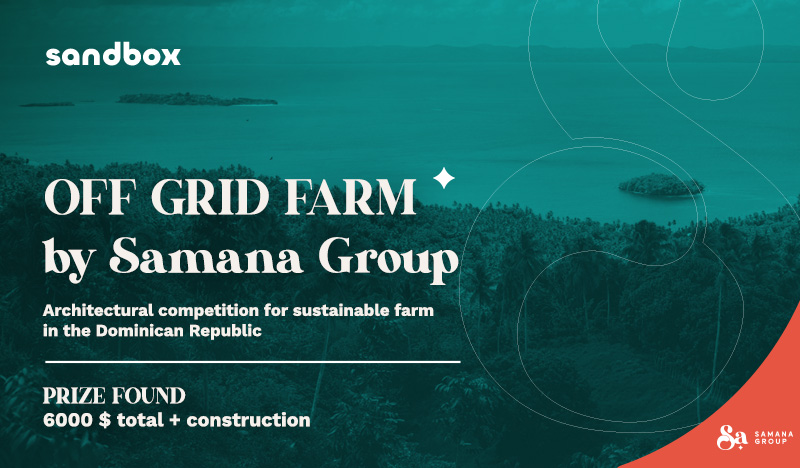Submission: May 07, 2015
Registration: April 24, 2015
Language: English
Location: Tokyo, Japan
Prizes: 1st prize JPY 100,000, 2nd prize JPY 50,000, 3rd prize JPY 10,000
Type: U-30
The Japanese Institute of Landscape Architecture (JILA) will be celebrating its 90th anniversary in May 2015, and is pleased to host an international competition for design proposals envisioning future Tokyo with/without parks in 2105, 90 years from today.
The competition invites students and young practitioners in design, planning, research, and related fields to rethink the raison d’etre of the park, one of the greatest urban inventions for modern society, and to propose innovative visions for future Tokyo with/without parks.
This is the title of an essay by Kiyoshi Inoshita in 1928. At that time Inoshita was the manager of the Department of Parks at the Tokyo City Government and one of the best practitioners in landscape architecture in Japan. He was right in the middle of creating a number of urban parks in Tokyo, as the city was in the process of reconstruction from the 1923 Great Kanto Earthquake.
Considering his career and practice as a great park designer, Inoshita’s argument in the essay seems paradoxical. However, he believed that parks would no longer be needed if we could realize a future society where critical urban problems including public sanitation and overpopulation were solved by highly developed technologies.
In Inoshita’s essay, “100 years later” meant 2028. Yes, we are almost there, but we still do have urban parks. Why do parks still exist in the city? How do they function and for whom? Do parks need to be everlasting fixtures in our city fabric? Is there any possibility that parks will be replaced by newly invented urban infrastructures?
Participant Qualifications
- Students and practitioners of 30 years or under (as of April, 2015)
- One can submit more than one project, but separate registrations are required per project
- One may form a group for the entry, but all of the group members’ age must be 30 years or under (as of April, 2015)
- If you are chosen as one of the finalists, you must attend the final review of the competition held at The University of Tokyo, scheduled on May 22. If you cannot come to Tokyo for the final review, you are expected to have a presentation on Skype.
Requirements
– All documents should be in English or Japanese
– Please include the following materials/information for your proposal:
- Concept of the proposal
- Visual and spatial presentation (drawings, models, photos, maps, etc.)
- Phasing Scenario(s) from now to 2105
Submissions
- Design Narrative – Provide up to 500 words.
- Design Proposal – Provide up to Two “A1 size” boards (594mm high x 841mm wide, PDF).
- Please submit your design narrative and design proposal to jila2015competition@epd.t.u-tokyo.ac.jp by 23:59 pm in Tokyo (UTC+9) on May 7, 2015.
*Important note
- If you submit two boards, their orientation should be consistent.
- Size of PDF must be 10MB maximum.
- Name of PDF file must be your “Registration ID #” (ex. A000.pdf)
- Please include your “Registration ID #” in the e-mail subject line.
Schedule
- April 24, 2015 – Online Registrations due
- May 7, 2015 – Online Submissions due (by 23:59 pm in Tokyo, UTC+9)
- May 12, 2015 – Finalists announced
- May 22, 2015 – Final Presentation, Award Ceremony, and Exhibition at The University of Tokyo
- June, 2015 – Competition results will be published
Awards
- First Prize: JPY 100,000 (awarded to one proposal)
- Second Prize: JPY 50,000 (awarded to two proposals)
- Third Prize: JPY 10,000 (awarded to three or four proposals)
- Special Jury Prize: (awarded by Charles Waldheim)
- Honorable Mentions: (awarded to proposals from high school students and college students)








